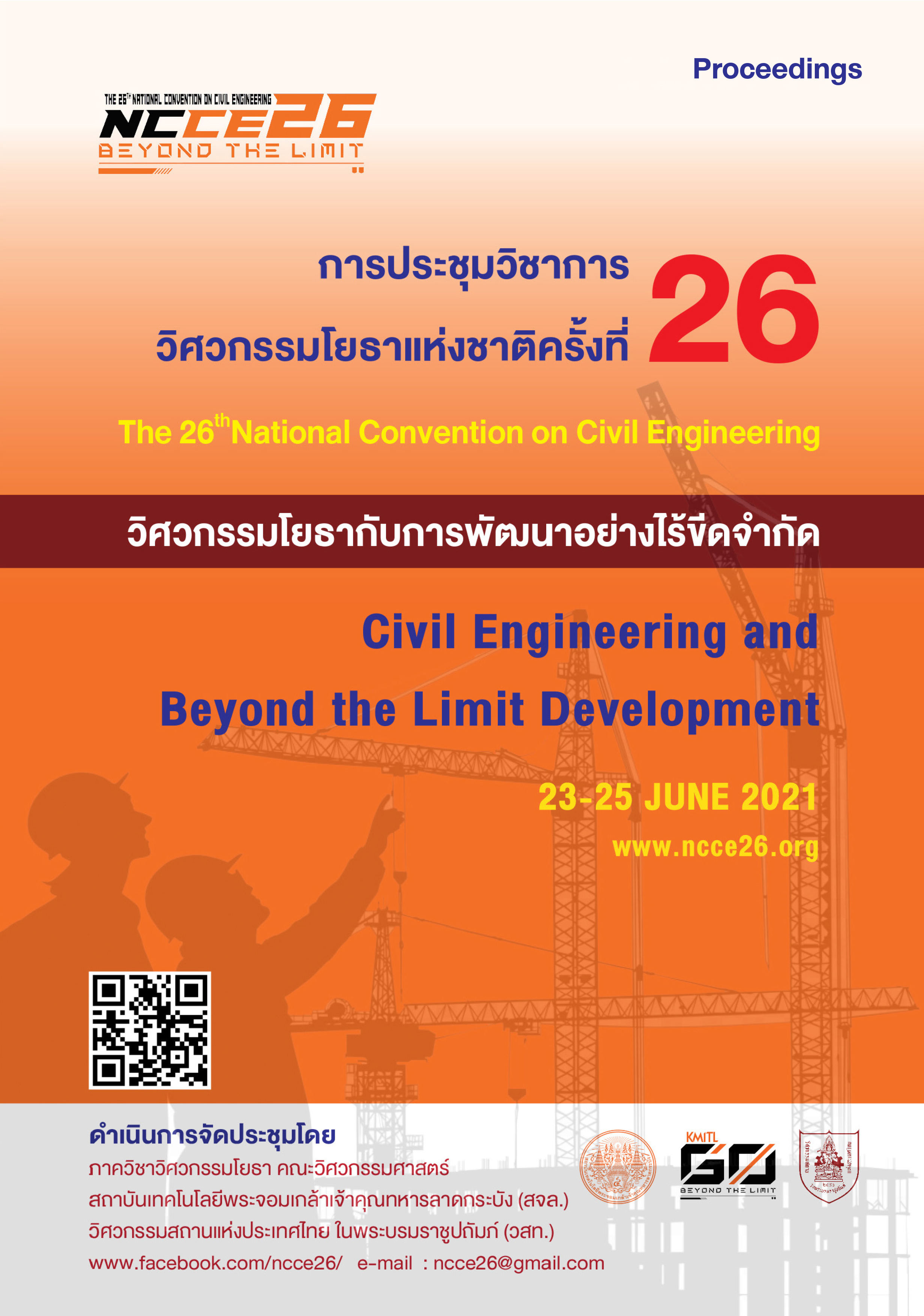EFFECT OF GRAPHENE NANOPLATELETS ON MECHANICAL PROPERTIES OF HIGH-VOLUME FLY ASH CONCRETE CONTAINING PLASTIC WASTE
Abstract
Plastic waste generation keeps increasing day in day out yearly due to increased population and demand of its use. This gives many countries including the developed once the challenge on how to dispose it efficiently. Attempts have been made to utilize plastic waste in concrete as partial replacement to fine or coarse aggregate. However, the major setback on using plastic waste in concrete is its negative effect on the mechanical and durability performance in concrete. Therefore, in this study Graphene Nanoplatelets (GNP) were used as an additive to cementitious materials to mitigate the negative effect of plastic waste in concrete. Plastic waste was used to partially replaced coarse aggregate in concrete at 0%, 15%, 30%, 45% and 60% by volume, and GNP was added at 0%, 0.075%, 0.15%, 0.225% and 0.3% by weight of cementitious materials. Thirteen mixes were developed and tested for compressive strength and splitting tensile strength at 3, 7, and 28 days after curing. The results of the findings showed that GNP was effective in partially mitigating the loss in strengths in concrete due to negative effect of plastic waste, as mixes with GNP showed higher strengths compared to those without GNP. Therefore, GNP can be effectively used to produce concrete containing plastic waste for structural applications.
Downloads
Downloads
Published
How to Cite
Issue
Section
License
บทความทั้งหมดที่ได้รับการคัดเลือกให้นำเสนอผลงานในการประชุมวิชาการวิศวกรรมโยธาแห่งชาติ ครั้งที่ 26 นี้ เป็นลิขสิทธิ์ของ วิศวกรรมสถานแห่งประเทศไทย ในพระบรมราชูปถัมภ์



